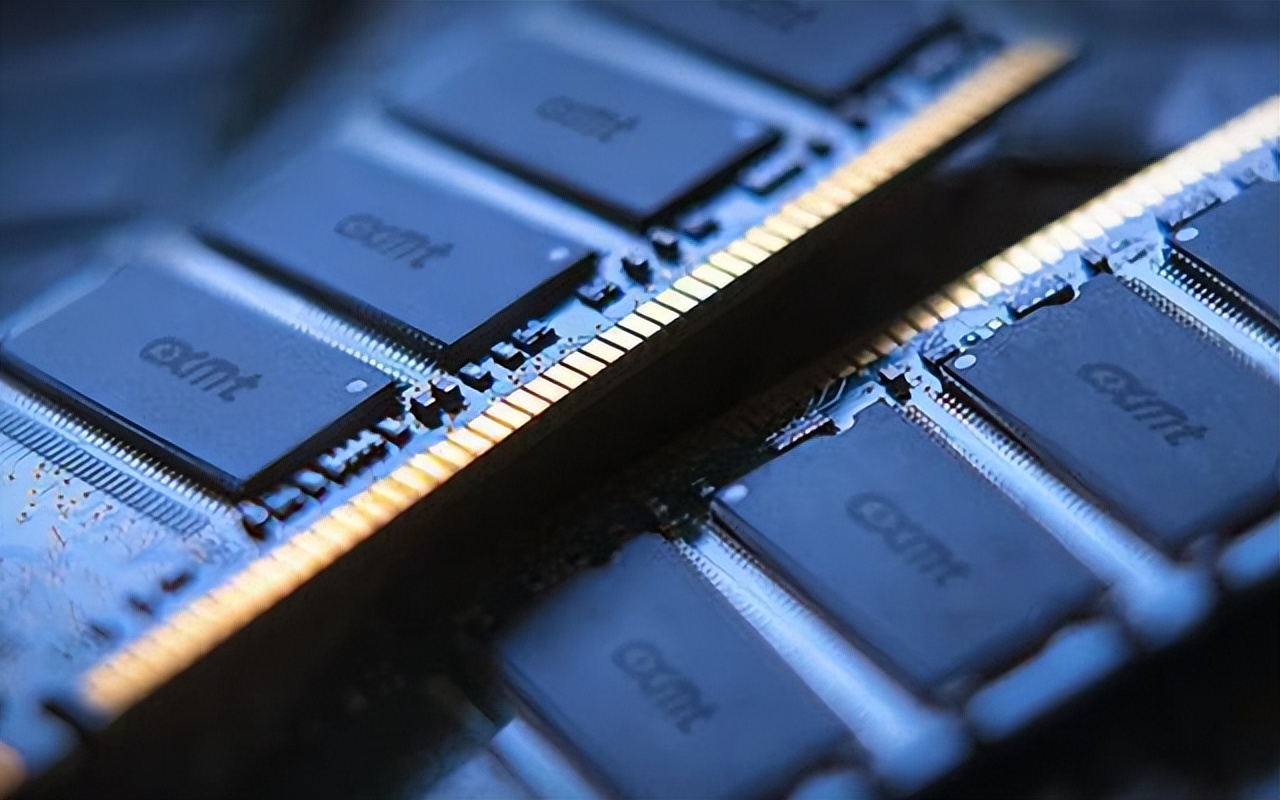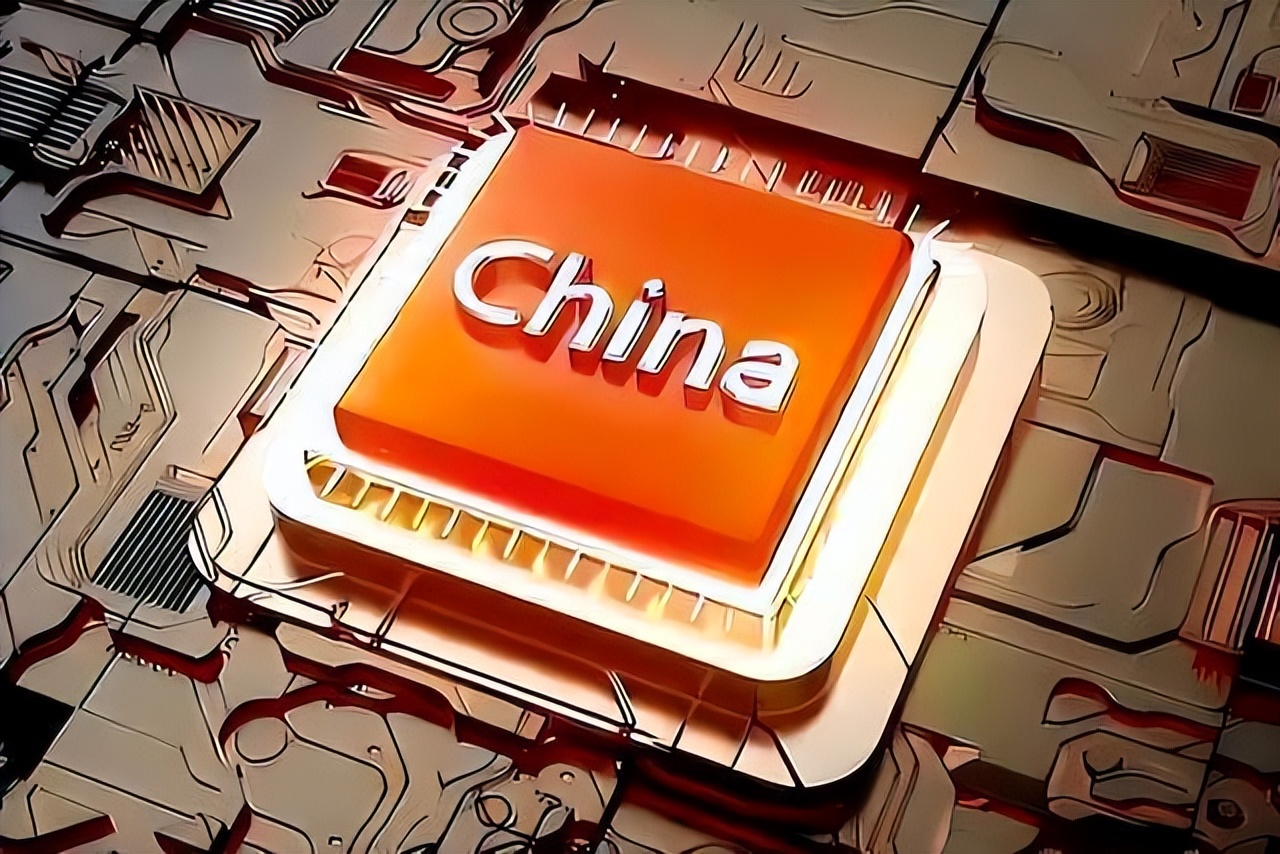China Doubles Storage Chip Production Capacity, Posing a Growing Threat to US, Japan, and South Korea's Industry
![]() 12/30 2024
12/30 2024
![]() 653
653
In recent months, domestic storage chips have ignited a fierce price war in the solid-state drives and DDR4 memory markets, with prices plummeting by over 40%. However, industry insiders anticipate that China's storage chip production capacity will escalate further next year, leading to additional declines in prices and exacerbating the challenges faced by US, Japanese, and South Korean storage chip companies.

Due to well-documented reasons in 2022, Chinese storage chip manufacturers faced significant hurdles in acquiring advanced chip equipment, temporarily hindering technological research and development.
Nevertheless, in 2022, China's storage chips pioneered mass production of 232-layer NAND flash, igniting the first round of price wars through technological advancements. This resulted in Samsung's profits plummeting by 90% and American storage chip company Micron suffering billions of dollars in losses.
Subsequently, US, Japanese, and South Korean companies responded by mass-producing more advanced 300-layer NAND flash, regaining technological supremacy. Coupled with their already dominant market share exceeding 90%, their combined technological and market advantages enabled them to double prices, significantly boosting profits.
Over the past two years, China's storage chips have aggressively promoted the substitution of domestic chip equipment. Unlike logic chips, storage chips do not necessitate cutting-edge processes; for instance, DRAM memory employs 19-nanometer technology. With slightly less advanced processes, storage chips can offer enhanced durability and reliability. Domestic chips have gradually resumed normal production and achieved technological breakthroughs.

It is reported that China's storage chip production capacity accounted for 10% of the global share this year, marking a doubling from 5% in 2022. As production normalized, China's storage chips resumed their aggressive market capture, leading to a 40% price drop in DDR4 memory over the past two months.
Moreover, China has commenced mass production of DDR5 memory chips, reportedly achieving an 80% yield rate. Next year, China's storage chip production capacity is projected to account for 15% of the global share. With further capacity expansion and technological upgrades, China's storage chip offensive is expected to intensify in the coming year.
Storage chips epitomize China's chip offensive. China is swiftly catching up to Taiwan in mature chip technology. With a substantial increase in China's mature chip production capacity, Chinese chips are aggressively expanding their global footprint.
Recently, Taiwanese media have noted that Chinese foundries are capturing chip customers at 60% of the price. This has tempted many Taiwanese chip companies to reduce orders with Taiwan's UMC and PSMC while significantly increasing orders with mainland China's foundries.

This trend has fueled the growth of Chinese mainland foundries, with more than 10% growth in the third quarter of this year. SMIC led the world with a growth rate of 14%, surpassing even TSMC, which achieved a slightly over 13% growth rate. In contrast, UMC and PSMC reported single-digit growth, while Samsung's foundry business saw a notable decline.
China's mature chips are vigorously penetrating the international market, driving China's chip exports to surpass one trillion yuan in the first 11 months of this year. This milestone, marking the first time China's chip exports have exceeded one trillion yuan, underscores China's formidable offensive in the global market.
China's aggressive chip offensive has prompted the United States to recently plan measures to investigate China's mature chips. This indicates that US chips are genuinely unable to compete with Chinese chips in the market, highlighting China's astonishing competitive advantage.

The United States likely never anticipated that, despite its continuous efforts over the past few years, China's chip industry would resiliently grow and launch a significant offensive into the international market, exerting tremendous pressure. Such an outcome is likely to be deeply regretted by the US.







